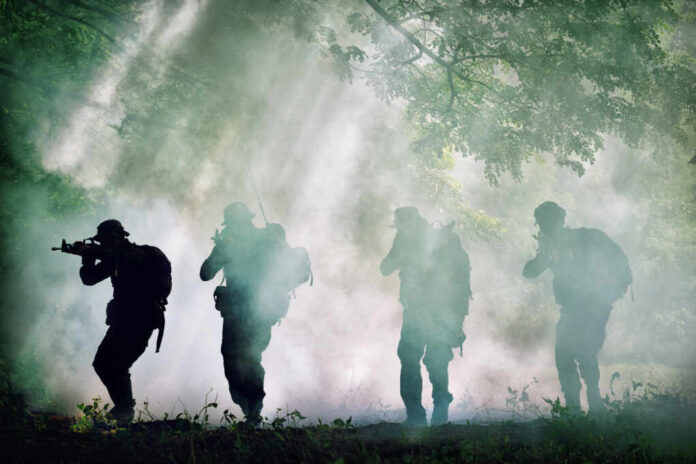
Suchinda Kraprayoon’s role as a military ruler who sparked the deadly Black May uprising is a stark reminder of the dangers of political overreach and authoritarian power.
At a Glance
- Suchinda Kraprayoon died at age 91.
- He became Prime Minister in 1992 after a military coup.
- His brief rule was marked by the Black May crackdown, resulting in 52 deaths.
- King Bhumibol’s intervention led to his resignation.
A Military Man in Civilian Garb
Suchinda Kraprayoon was once a commander-in-chief of the Royal Thai Army before a controversial leap into civilian leadership. Following a military coup in 1991, which he orchestrated against the elected government, he promised to remain out of the political spotlight. However, just a year later, he became Prime Minister. This ill-fated decision ignited widespread discontent and violence, known infamously as the Black May uprising.
The saga of Suchinda’s tenure illustrates perennial struggles between military influences and democratic ideals in Thailand. Citizens reacted fiercely against the appointment of a military man in a civilian role, with massive protests erupting. The situation quickly devolved when Suchinda’s government opted for force over diplomacy, leading to bloodshed that the nation would not soon forget.
Crisis, Crackdown, and Consequences
Protests that erupted in response to Suchinda’s controversial appointment soon escalated into violence by May 17, 1992. The government’s lethal crackdown resulted in 52 deaths, a shocking testament to the human cost of political ambition. The chaos reached a critical point, prompting King Bhumibol Adulyadej to intervene, summoning Suchinda and protest leader Chamlong Srimuang for a highly publicized, televised meeting.
This intervention was pivotal. It applied overwhelming pressure, forcing Suchinda to resign. The event marked a defining moment in Thailand’s struggle for true democratic governance. Suchinda’s tenure, lasting only seven weeks, is an enduring lesson on the perils of military dominance in civilian spaces and the ultimate power of collective citizen voices.
Aftermath and Legacy
After stepping down, Suchinda withdrew from politics but not public life, later becoming chairman of a major Thai telecoms company. His legacy remains complex. To some, he represents a warning of the dangers of military overreach; to others, a man who abandoned promises for power to disastrous effect. Suchinda passed away on June 10, 2025, at the age of 91, leaving behind a nation that continues to grapple with the lessons of its political past.
In reflecting on his life, one can glean the enduring conflict between authoritarian rule and democratic aspiration. As Thailand marches forward, the memory of Suchinda Kraprayoon serves as both a historical reminder and a call to vigilance in preserving democratic rights.

























